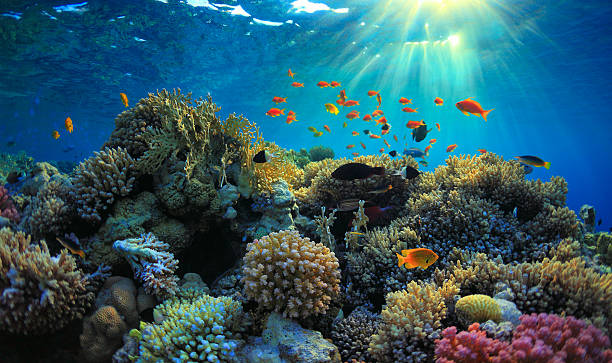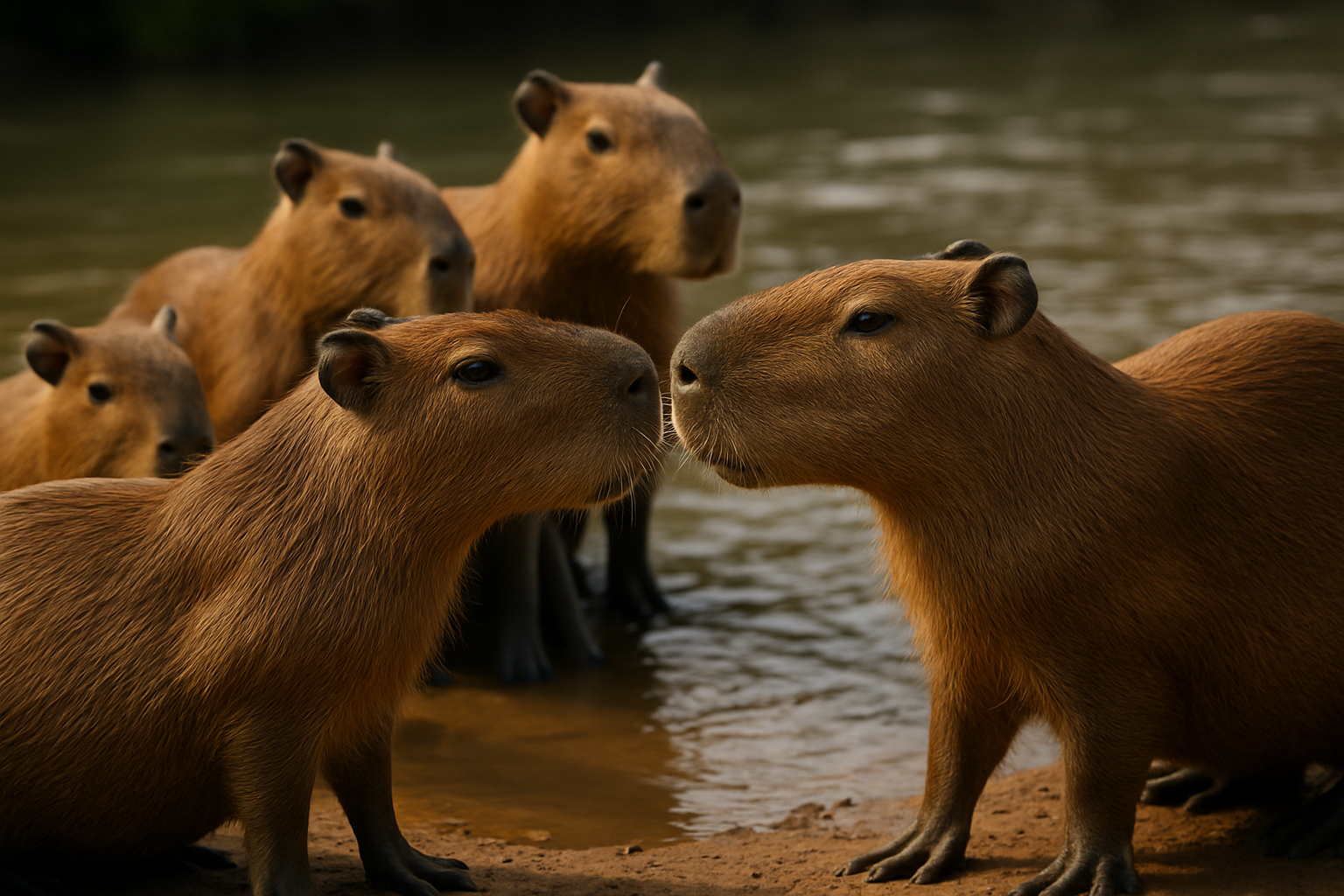Coral Reef Fish: Nature's Living Kaleidoscope
The vibrant world beneath the waves holds a mesmerizing secret: coral reef fish. These dazzling creatures, with their kaleidoscope of colors and intricate patterns, are not just a feast for the eyes but play crucial roles in maintaining the delicate balance of marine ecosystems. From the clownfish's symbiotic relationship with anemones to the parrotfish's coral-munching habits, these underwater wonders continue to captivate scientists and nature enthusiasts alike.

One of the most fascinating aspects of reef fish evolution is their ability to change color. Many species can alter their appearance in seconds, either to blend in with their surroundings or to communicate with other fish. This remarkable adaptation is made possible by specialized cells called chromatophores, which contain pigments that can be expanded or contracted to create different color patterns.
The Crucial Role of Reef Fish in Ecosystem Health
Reef fish are not just pretty faces; they play vital roles in maintaining the health and balance of coral reef ecosystems. Herbivorous species, such as surgeonfish and parrotfish, help control algae growth, preventing it from smothering coral polyps. Predatory fish, like groupers and barracudas, keep populations of smaller fish in check, ensuring a balanced food web.
Perhaps one of the most surprising contributions of reef fish to ecosystem health is their role in coral reef growth. Parrotfish, for example, consume algae-covered coral and excrete fine sand, which helps build and maintain the reef structure. A single parrotfish can produce up to 100 kilograms of sand per year, contributing significantly to beach formation on tropical islands.
Threats to Coral Reef Fish Populations
Despite their importance and resilience, coral reef fish face numerous threats in today’s changing world. Climate change is perhaps the most significant challenge, as rising ocean temperatures and acidification can devastate coral reefs, destroying the habitat these fish depend on. Bleaching events, where corals expel their symbiotic algae due to stress, have become more frequent and severe in recent years.
Overfishing is another major threat to reef fish populations. Many species are targeted for the aquarium trade or as food fish, leading to unsustainable harvesting practices. The removal of key species can have cascading effects throughout the ecosystem, disrupting the delicate balance that keeps coral reefs healthy.
Pollution, including plastic waste and chemical runoff from coastal development, also poses a significant threat to reef fish. These pollutants can directly harm fish and degrade their habitat, leading to decreased biodiversity and ecosystem collapse.
Conservation Efforts and Sustainable Management
In response to these threats, numerous conservation efforts are underway to protect coral reef fish and their habitats. Marine Protected Areas (MPAs) have been established in many parts of the world, providing safe havens where fish populations can recover and thrive. These protected areas have shown promising results, with increased fish biomass and diversity observed within their boundaries.
Sustainable fishing practices are also being promoted to ensure that reef fish populations can be harvested without compromising ecosystem health. This includes implementing catch limits, seasonal closures, and gear restrictions to reduce the impact on vulnerable species and habitats.
Coral restoration projects are another important conservation strategy. By growing coral fragments in nurseries and transplanting them onto degraded reefs, scientists and conservationists are working to rebuild reef habitats and provide homes for fish populations.
The Future of Coral Reef Fish Research
As our understanding of coral reef ecosystems grows, so does our appreciation for the complexity and importance of reef fish. Cutting-edge research is shedding new light on these fascinating creatures, from their cognitive abilities to their social structures.
Recent studies have revealed that some reef fish species possess remarkable problem-solving skills and can even use tools. The orange-dotted tuskfish, for example, has been observed using rocks to crack open clams, demonstrating a level of intelligence previously unknown in fish.
Advances in genetic research are also providing new insights into reef fish evolution and adaptation. By studying the genomes of different species, scientists are uncovering the genetic basis for their incredible diversity and resilience in the face of environmental challenges.
As we look to the future, the study and conservation of coral reef fish will undoubtedly play a crucial role in our efforts to protect and restore marine ecosystems. These living kaleidoscopes of the sea continue to surprise and inspire us, reminding us of the incredible beauty and complexity of life beneath the waves.






